English
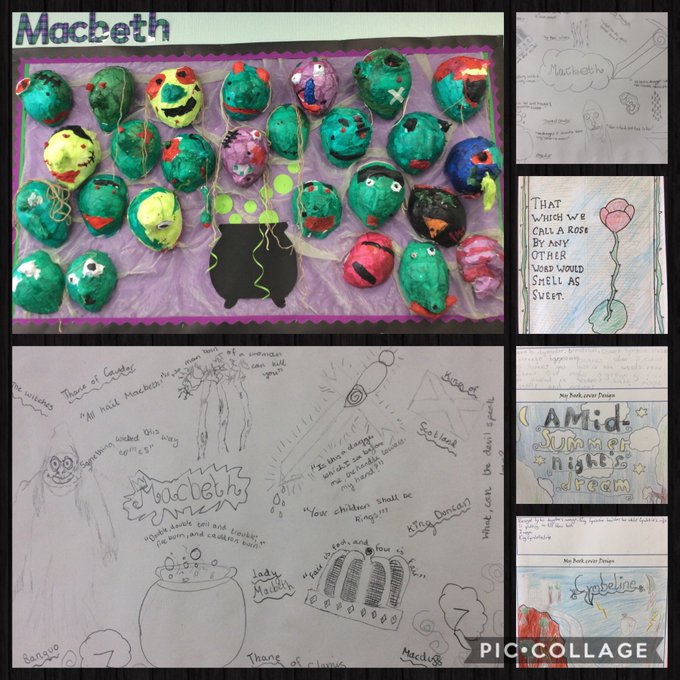 |
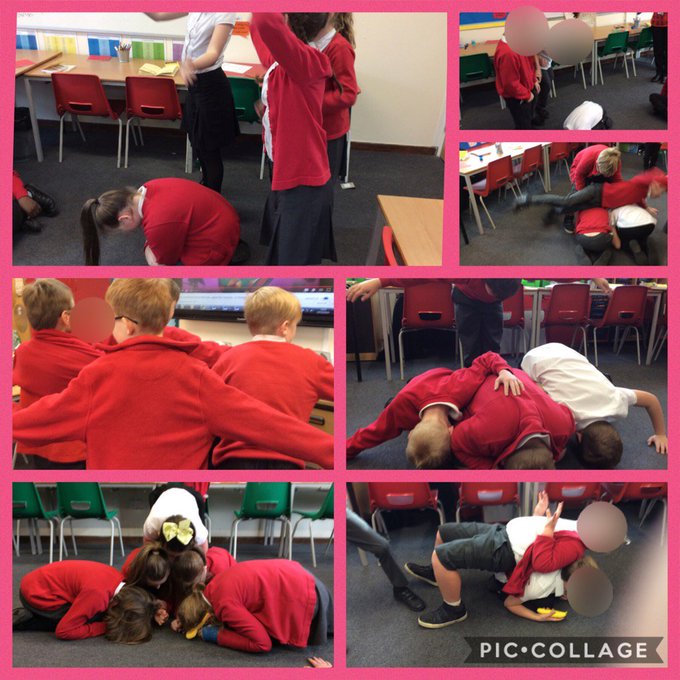 |
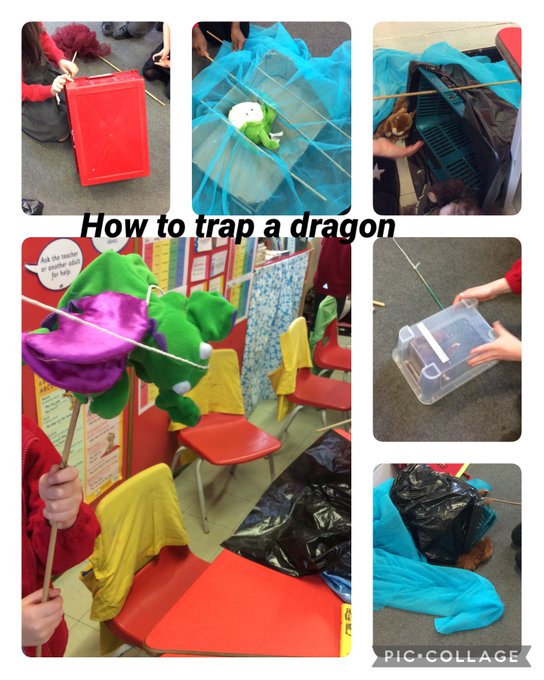 |
Our English lessons have a heavy focus on children’s spoken language and develop their reading, writing, grammar, spelling, handwriting and vocabulary. Children develop a love of reading and writing and an understanding of language through carefully chosen texts, in order to develop fluent readers and creative writers.
Writing
We have adopted "The Write Stuff" by Jane Considine to bring clarity to the mechanics of writing. "The Write Stuff" follows a method called "Sentence Stacking" which refers to the fact that sentences are stacked together chronologically and organised to engage children with short, intensive moments of learning that they can then immediately apply to their own writing. An individual lesson is based on a sentence model, broken in to 3 learning chunks. Each learning chunk has three sections:
- Initiate section – a stimulus to capture the children’s imagination and set up a sentence.
- Model section – the teacher close models a sentence that outlines clear writing features and techniques.
- Enable section – the children write their sentence, following the model.
Children are challenged to ‘Deepen the Moment’ which requires them to independently draw upon previously learnt skills and apply them to their writing during that chunk.
"The Write Stuff" uses three essential components to support children in becoming great writer.
The three zones of writing :-
- IDEAS - The FANTASTICs uses a child friendly acronym to represent the nine idea lenses through which children can craft their ideas.
- TOOLS - The GRAMMARISTICS. The grammar rules of our language system and an accessible way to target weaknesses in pupils grammatical and linguistic structures.
- TECHNIQUES - The BOOMTASTICs which helps children capture 10 ways of adding drama and poetic devices to writing in a vivid visual.
Reading
Developing confident readers and a love of reading is very important. Children are given reading books to take home each week, which are at their individual reading level. In Key Stage 1 this will include a labelled phonetically decodable book until they are secure in their phonic knowledge. In both Key Stage 1 and 2, it is expected that children’s reading records are signed as proof of reading at home. We will continue to promote our Battle of Books competition for every year group. Each Key Stage has a set number of different book genre challenges to complete…the winner gets to choose a new book from our reading vending machine.
In both key stages the children take part in a daily structured reading lessons. In Key Stage 1 this is through either group guided reading sessions with a colour banded book pitched at their level, or as part of a Whole Class Session using a whole class text. Key Stage 2 follow a reading sequence based around Reading and Modelled Practise (RAMP). During lessons we study a range of fiction and non - fiction books, including The Iron Man in Year 3 and The Explorer in Year 5. Children also have the opportunity to explore poetry each term. Reading lessons concentrate on building the children’s ability to read with fluency and intonation, and their ability to answer a range of comprehension questions to demonstrate their understanding of the text.
"Pupils are very good at finding out more
complex meanings in the books they read. Staff and pupils share a love of reading."
OFSTED 2019
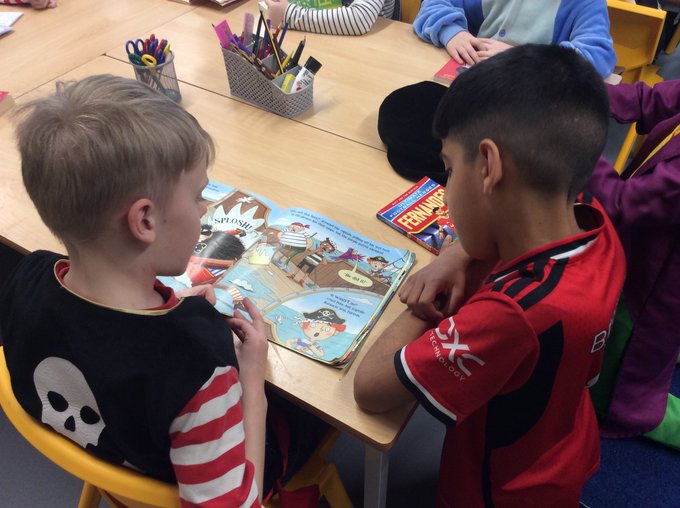 |
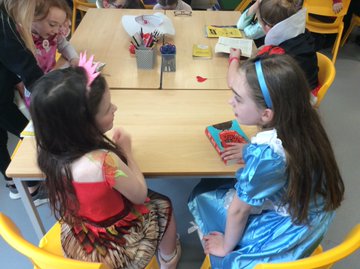 |
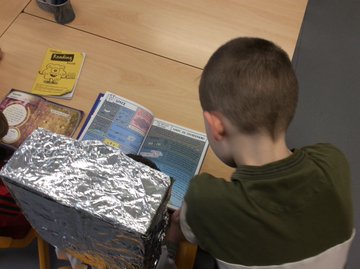 |
Phonics
Phonics forms the building blocks of reading and writing and equips children with the skills needed to become independent readers and writers. In Phonics, children are taught the sounds and how to match them to letters and decode the words in order to read them. This is an essential skill for them to read unfamiliar words by themselves and begin to read independently. They are also taught how to read and spell a number of ‘harder to read and spell words’. Children in the Foundation Stage and Key Stage 1 follow the Essential Letters and Sounds accredited phonics programme. Phonics is taught daily in Reception and Key Stage 1 and is applied through reading sessions.
"Leaders have placed great importance on pupils learning to read from an early age.
Through lessons in reading and phonics, teachers make sure that pupils gain the
knowledge they need to read with fluency."
OFSTED 2019
Phonics in Nursery
Phonics session in Nursery will support the children’s listening ability, focusing on phase 1 phonics and discriminating between sounds.
Phonics in Reception
In Reception, the children are taught the Phase 2 sounds and their corresponding letters. The children will learn to orally blend words, blend the letters in words in order to read them. For example, c-a-t = cat and they will learn to read simple sentences containing these words. They will also be taught to recognise Phase 3 digraphs (two letters that make a sound, such as sh, ai, ee) and trigraphs (three letters than make the sound such as igh) and read words and sentences containing these. They move into Phase 4 which covers CCVC (e.g. stop), CVCC (e.g. desk) and CCVCC (e.g. drink) words which contain blends. Knowing how to read words by reading blends rather than spate sounds make reading much speedier.
Phonics in Year 1
The children continue their phonics journey into Year 1. They cover new grapheme knowledge linked to Phase 5 and will continue to read books linked to newly taught graphemes. At the end of Year 1, children complete the statutory phonics screening check, which is a simple test made up of 40 real and nonsense (pseudo) words and takes approximately 10 minutes. This assesses phonics skills and knowledge learned through Reception and Year 1. It is designed to give teachers and parents information on how your child is progressing in Phonics. It will help to identify whether your child needs additional support at this stage so that they do not fall behind in this vital early reading skill.
Phonics beyond Year 1
Children in Year 2 continue using the Essential Letters Programme with those children who require further work within their phonic learning. Any children who did not pass the phonics screening check will continue with daily phonics lessons and retake the check at the end of Year 2. Those children ready to move on from phonic move into support for spelling within the curriculum.
Spelling
We have implemented the spelling scheme called “No Nonsense Spelling”. The focus of the programme is on the teaching of spelling, which embraces knowledge of spelling conventions – patterns and rules; but integral to the teaching is the opportunity to promote the learning of spellings, including statutory words, common exceptions and personal spellings.
Supporting your child with reading
Supporting your child with writing
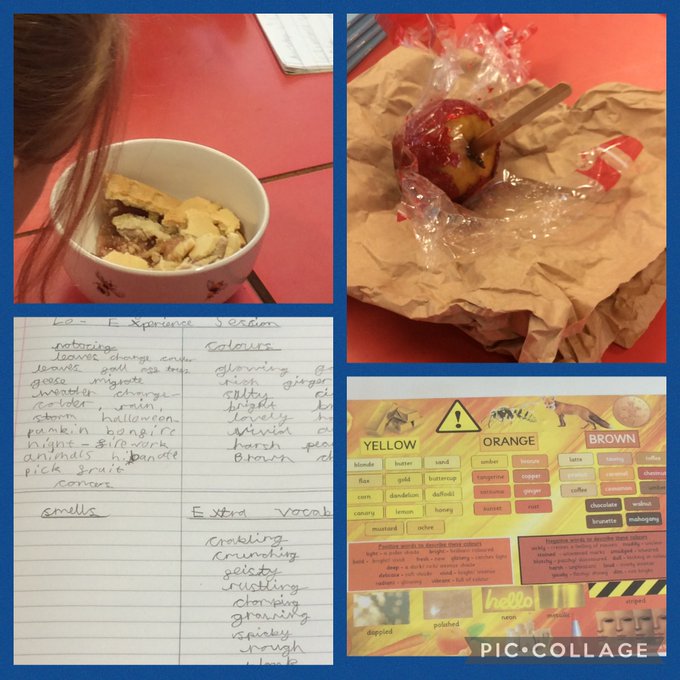 |
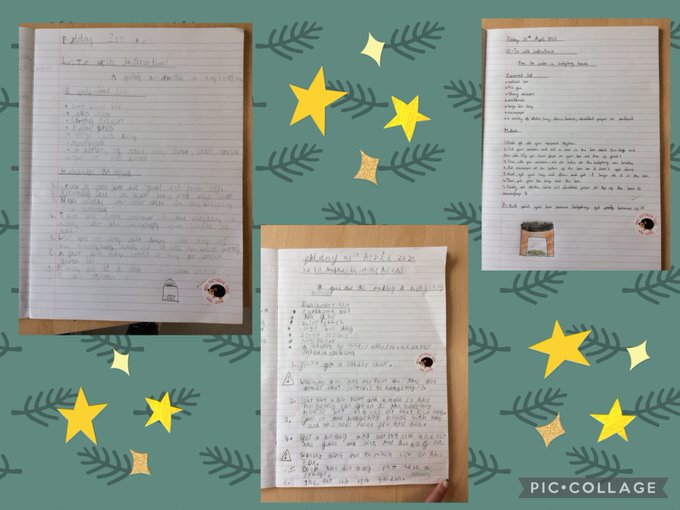 |
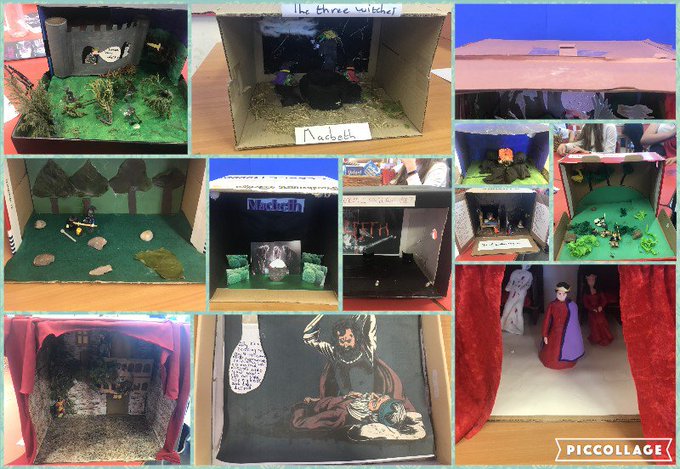 |
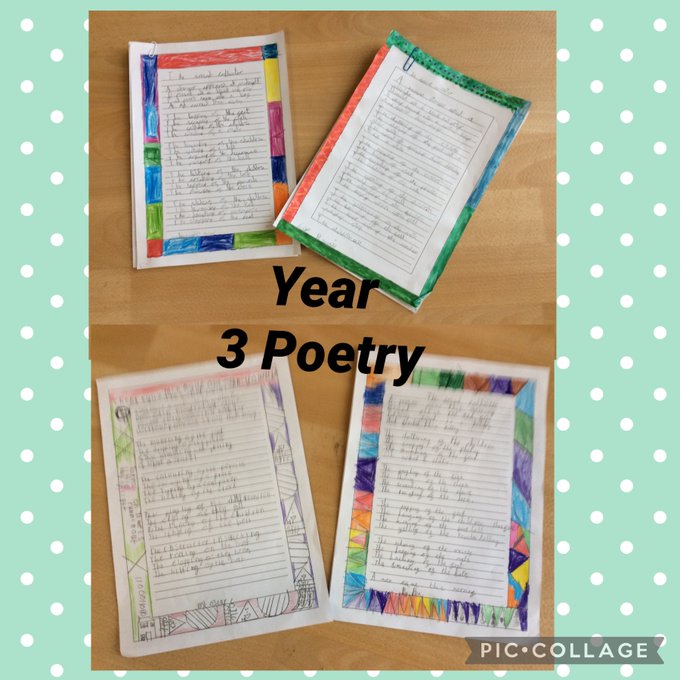 |

